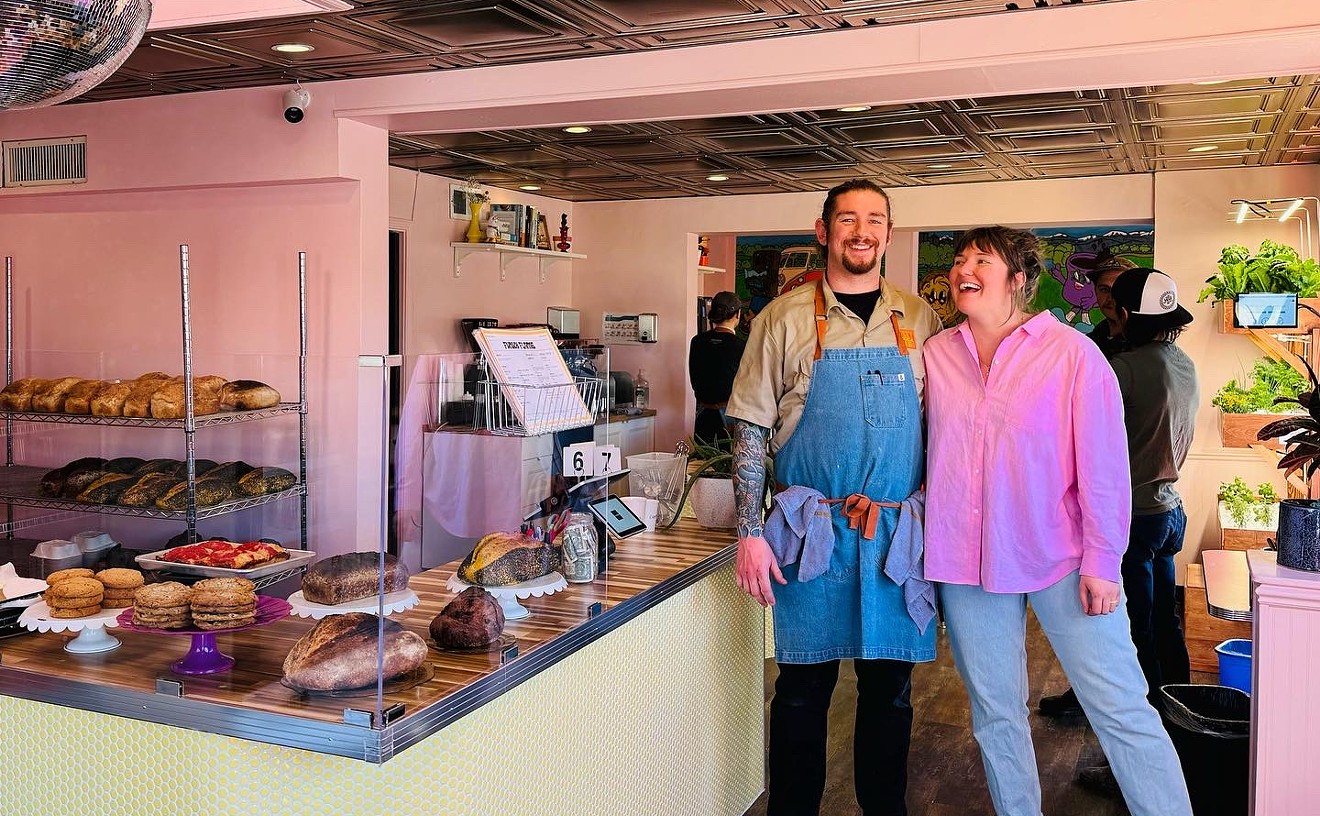The source material is a 1989 memoir by Clifton L. Taulbert, a banker and businessman who was born in a cotton field near tiny Glen Allan, Mississippi, in 1946. The book and the movie (which is directed by former WKRP in Cincinnati star Tim Reid) deal with the first seventeen years of Taulbert's life, when Mississippi's Jim Crow laws virtually enforced slavery in towns like Glen Allan. Black children went to segregated schools; sharecroppers worked dusk to dawn and barely eked out a living; libraries and gas station restrooms were for whites only; the KKK staged parades in broad daylight.
Against this background of oppression, the film paints a loving portrait of black strength and of a nurturing, rock-solid community from which a kid growing up (we see Cliff Taulbert as a newborn and at six, twelve and sixteen) could always take strength and courage. In fact, the steadfastness and morality of little Clifton's wise grandfather (Al Freeman Jr.); his plucky Ma Ponk (Phylicia Rashad); his Uncle Cleve (Richard Roundtree), the local iceman; and the others in his extended family seem to spring directly from their deprivations. We've all seen this one before: They are ennobled by their suffering.
Some black cultural critics, of course, take issue with this nostalgic view of the segregationist past, charging that it falsifies black history and nourishes racism in the present. There's no use trying to address that thorny question here: Suffice it to say that when the narrator of When We Were Colored sheds golden light upon his dedicated teacher back in the one-room schoolhouse or the day his grandfather solemnly explained to him, at six, the difference between the white and the colored drinking fountains, he does it in sheer earnestness. There's not a hint of irony in these two hours, nor is there any suggestion that anyone in the Taulbert family was anything less than divine.
That said, it does the heart good to see a movie about American black life in which there is not a single gunshot. Nobody robs a bank, and there are no car chases. Director Reid has deviated from Taulbert's book in many instances--most notably by adding a scene in which Uncle Cleve's black neighbors quit their jobs in support of him when a white-owned ice company tries to drive him out of business--but the spirit of book and movie are identical: A grateful child looks back fondly on, in his words, "the strength of character in the many people who guided me."
For many African-Americans, particularly those with rural roots, the film will presumably be both a Rorschach test and a kind of cultural scrapbook stuffed with common memories. We see the agony on the faces of young Clifton's family, huddled around the radio, when Rocky Marciano beats Joe Louis--the same agony that afflicted Harlemites and Alabamans. The nasty white straw boss in the cotton fields of Glen Allan is the nasty straw boss in every cotton field, and quite a few factories. The uncle who visits home after ten years in Detroit, full of pride in making $1.77 an hour as an auto worker, personifies a million such hopeful journeys North. The beery, bluesy juke joint where black Glen Allan lets fly on a hard-won Saturday night is the same juke joint that used to do business on every back lane in the Old South. The Sunday morning sermon delivered here (by the Reverend Isaac Hayes, no less) and the call he makes for civil rights action near the movie's end, in 1962, are also touchstones.
In other words, Clifton Taulbert's life stands here as a model and as a vessel into which members of the audience can pour their own lives. As such, it is surely one of the most important works about the black experience in America ever put on film. At the same time, it could be a tough sell in today's frantic, high-concept movie marketplace. Let's hope not. It deserves to be seen--spotless ideals, faultless family saints and all.
Once Upon a Time...When We Were Colored. Screenplay by Paul W. Cooper, based on a book by Clifton L. Taulbert. Directed by Tim Reid. With Phylicia Rashad, Paula Kelly, Al Freeman Jr. and Isaac Hayes.










